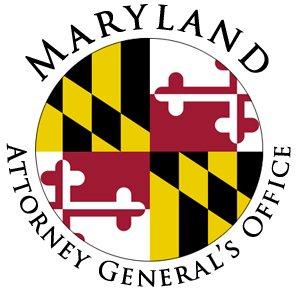1. You sit on a task force created by a county ordinance to advise the County Council on
services to senior citizens. The function of your task force falls within the Act.
a) True.
b) False.
2. You own a nightclub. The Town Council, a public body, wants to meet with you because they
want to hear your opinion about a proposed new noise ordinance. You would prefer not to speak at a public
meeting. The Council says that all 5 members are willing to arrive separately at your club one night next
week and meet with you as a group, privately. You have doubts about this procedure. Are you right?
a) No, because as long as the council members are only listening
to you, they are not performing any function at all.
b) No , because legislative functions aren't performed in nightclubs.
c) Yes, because their collection of information is a step in the
legislative process.
3. Your Board of County Commissioners customarily conducts hearings on special exceptions in
public. The Board decides the uncontested cases in public. However, when someone has appeared to oppose the
application, a quorum of the Board retires to deliberate in private. Does the Act apply to the Board's
deliberations?
a) No, because the Board is performing a judicial function.
b) No, because the Act doesn't apply when the Board meets in private.
c) Yes, because the Act applies to deliberations on special
exceptions and other zoning matters no matter what function the Board is performing.
d) No, because the Board is performing a quasi-judicial function.





